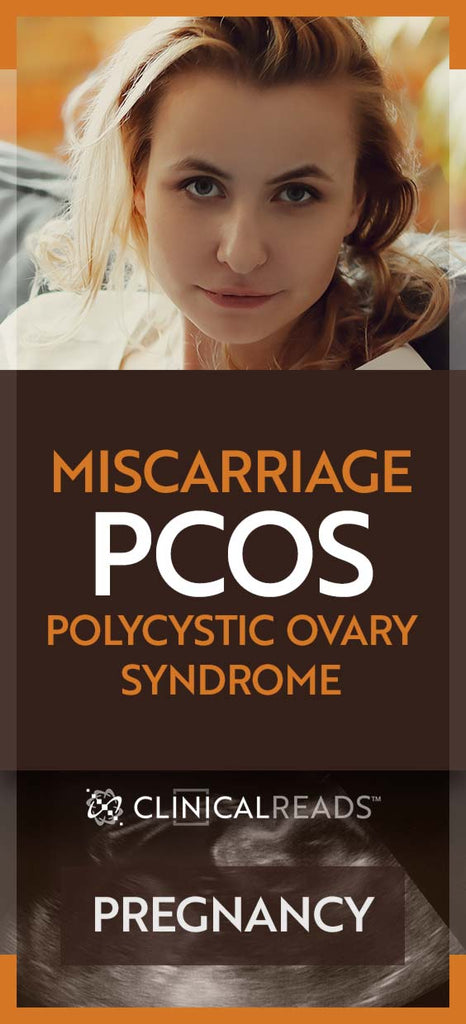A young woman seeks reasons for multiple miscarriages. During family planning, she discovers the cause and must make sobering personal decisions.
Enduring Silent Sorrows
Alison’s first miscarriage struck during a summer brimming with challenges—her parents were unaware of her pregnancy, and the father was absent. Bereft of confidants, she endured her sorrowful ordeal in isolation.
Years later, she considered her second miscarriage post-graduation an anomaly. However, concerns about infertility and birth defects arose when planning for children with her husband in her 30s.
Unveiling the Reasons
Within her search for answers to infertility, Alison delved into the vast realm of online research, where she uncovered numerous potential causes of miscarriages. Chromosomal abnormalities, hormonal imbalances, uterine abnormalities, infections, lifestyle factors, autoimmune disorders, and poor overall health all emerged as potential culprits. Realizing the limitations of self-diagnosis, Alison resolved to obtain an expert opinion.
A visit to her trusted Ob-Gyn, Dr. Lynn, included a thorough physical examination and relevant lab tests, Dr. Lynn identified the underlying cause of Alison’s struggles as polycystic ovary syndrome (PCOS). Furthermore, the doctor connected the dots, attributing the observed excess body hair to the hormonal imbalances associated with the condition.
The precise cause of PCOS remains elusive, believed to stem from a combination of genetic and environmental factors. Multiple small cysts on the ovaries are the distinctive hallmarks of this condition. Alison’s concerns about excess body hair during the examination find explanation in the hormonal imbalances associated with this syndrome.
Key Features and Symptoms of PCOS
Irregular menstrual cycles: Women with PCOS often have irregular or infrequent menstrual periods. Some may experience prolonged periods or heavy bleeding, while others may have very light or absent periods.
Ovarian cysts: PCOS is associated with multiple small cysts on the ovaries. These cysts are follicles that have matured but were not released during ovulation.
Hormonal imbalances: Women with PCOS typically have higher levels of androgens, which are male hormones like testosterone, compared to women without the condition. This hormonal imbalance can lead to various symptoms, such as excess facial or body hair (hirsutism), acne, and male-pattern baldness.
Insulin resistance: Many women with PCOS also have insulin resistance, a condition in which the body does not effectively use insulin, leading to high levels of insulin in the blood. Insulin resistance can contribute to weight gain difficulty in maintaining normal blood sugar levels.
Metabolic complications: PCOS is associated with an increased risk of metabolic complications, including obesity, type 2 diabetes, high cholesterol levels, and high blood pressure.
Fertility issues: PCOS is one of the leading causes of infertility in women. Irregular ovulation or the lack of ovulation can make it more challenging for women with this syndrome to conceive.
Navigating Birth Control Options

Treatment options include hormonal supplements and birth control pills. Dr. Lynn further suggests that Alison consider prophylactic methods to spare herself the trauma of multiple miscarriages and the subsequent depression. While the maternal instinct thrives within her, Alison finds solace in the prospect of raising her husband’s children from his prior marriage.
Embracing this newfound perspective, Alison and her husband now face the challenging decision of selecting a suitable birth control method. Dr. Lynn provides guidance, explaining the available options: condoms, intrauterine devices (IUDs), tubal ligation, and vasectomy.
Together, they explore each option’s potential benefits, risks, and implications, ensuring Alison can make an informed choice that aligns with her desires and emotional well-being.
Alison’s journey through multiple miscarriages, veiled in silence and sorrow, leads her on a path of self-discovery. Uncovering the underlying cause of her struggles in the form of PCOS proves to be both enlightening and sobering.
With the support and expertise of Dr. Lynn, Alison now faces the weighty decision of selecting a birth control method that protects her from further heartache. Embracing the joy of raising her stepchildren, she finds solace amidst the bittersweet realities of her journey.
To support the writing of useful articles about women, ClinicalPosters sells human anatomy charts, scientific posters, and other products online. You may sponsor specific articles or remit a small donation.
ClinicalPosters sells human anatomy charts, scientific posters, and other products online to offset expense of the writing useful articles about women. Slide extra posters into DeuPair Frames without removing from the wall.
Show your support by donating, shopping for ClinicalPins, or leaving an encouraging comment to keep the research going.
To support the writing of useful articles about women, ClinicalPosters sells human anatomy charts, scientific posters, and other products online. You may sponsor specific articles or remit a small donation.
ClinicalPosters sells human anatomy charts, scientific posters, and other products online to offset expense of the writing useful articles about women. Slide extra posters into DeuPair Frames without removing from the wall.
ClinicalPosters sells human anatomy charts, scientific posters, and other products online. You may remit a small donation.
You can support the writing of useful articles about women by sponsoring specific articles or remitting a small donation.
This fictional dialogue aims to provide a narrative framework for the symptoms and effects of PCOS. It may not reflect the experiences of real individuals.






 Romance & Health Intertwine. Fall in love with a captivating romance miniseries that explores the essence of well-being. Become a ClinicalNovellas library member for heartwarming tales.
Romance & Health Intertwine. Fall in love with a captivating romance miniseries that explores the essence of well-being. Become a ClinicalNovellas library member for heartwarming tales.




